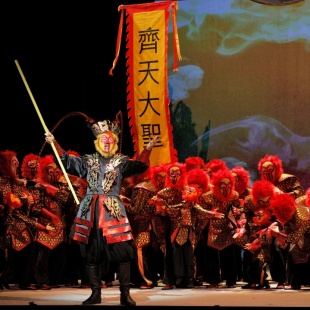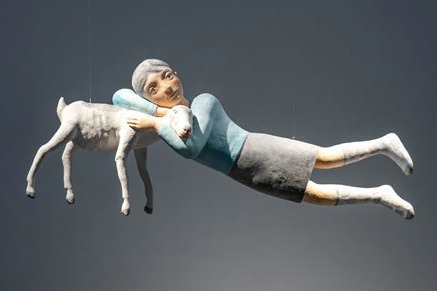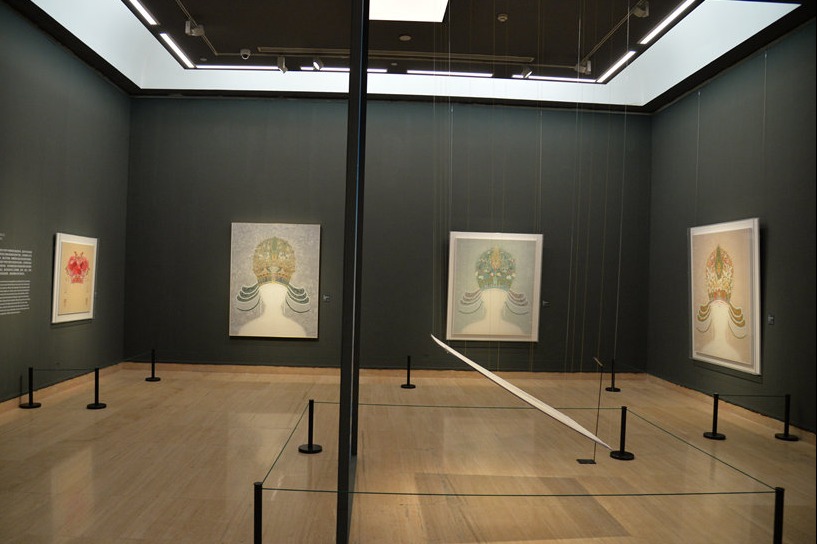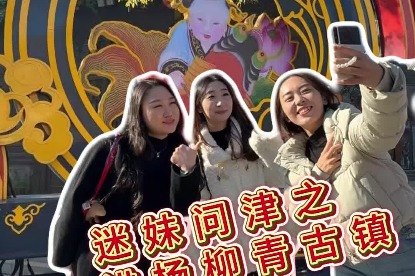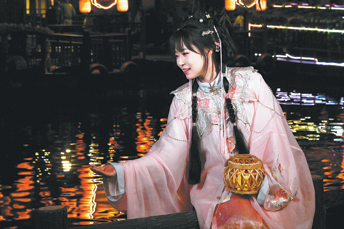Monkey King tale finds new life through opera, cross-cultural art


The legendary Monkey King, hero of the 16th-century Chinese classic Journey to the West, continues to inspire fresh artistic expression through a sold-out San Francisco Opera production that has sparked a wave of cross-cultural dialogue in the Bay Area.
Long a favorite figure in Chinese literature and popular culture, the stone born trickster and immortal hero known as Sun Wukong has appeared in comics, graphic novels, television shows, films and video games.
With San Francisco Opera's new production of The Monkey King, which premiered Nov 14 and runs through Nov 30, his influence is reaching new audiences, inspiring conversations about identity, immigration and shared values.
Commissioned by the opera company in partnership with the Chinese Heritage Foundation of Minnesota, the production draws from the opening episodes of Wu Cheng'en's novel, considered one of China's four greatest literary classics.
A carefully curated art exhibit featuring 12 Bay Area artists is on display inside the War Memorial Opera House in San Francisco, offering diverse interpretations of Sun Wukong's transformation from rebellious stone-born monkey to enlightened sage.
"We wanted to create a space where we could talk about and showcase the way that the Monkey King is a personal story for many people," Ryan Marchand, director of the Department of Diversity, Equity and Community at San Francisco Opera, told China Daily. "And we also wanted to show the ways that the Monkey King is significant, not just for Chinese people, but across the Asian diaspora."
The exhibit, organized in collaboration with a local community engagement group, features artworks ranging from jade sculpture and ball-jointed dolls to digital prints and oil paintings, arranged chronologically to trace Sun Wukong's journey from his miraculous birth from stone through his legendary adventures.

Co-curator Caitlin Pambid said the exhibition presents cross-cultural versions of the Monkey King that people grew up knowing.
"Whether that was because they grew up with the Monkey King story, or after doing research for the art installation, the artists recognized similar character traits and their own life experience," Pambid told China Daily. "I think that is the major takeaway from this installation."
From an educational standpoint and a personal one, Pambid said, the exhibit invites viewers to see their own journeys in the Monkey King.
For Pambid, who first encountered the Monkey King story in her undergraduate humanities courses, the character's struggles resonate deeply with the immigrant experience.
"I really identified with his struggles as a character wanting to be recognized and being sidelined by all these other gods, by seeing him as only a monkey," she said. "I think the story is attractive, especially as first-generation immigrants wanting to be on equal playing field as everyone else."
The Monkey King tale has inspired countless interpretations for hundreds of years, including the 2024 blockbuster video game Black Myth: Wukong, which sold 18 million copies in its first two months.
San Francisco Opera's The Monkey King has completely sold out its eight-performance run and realized over $3 million in philanthropic support from the community.
The production, which unites different disciplines like opera, dance and puppetry, has prompted a broad alliance of supporters in business, nonprofit, technology and cultural circles who are helping to promote the opera.
Among the supporters are Jensen Huang, founder and CEO of NVIDIA, and his wife Lori. The couple serve as honorary chairs of The Monkey King Committee and have just announced a $5 million gift to San Francisco Opera to help underwrite the production of The Monkey King.
A first-generation Chinese immigrant, Huang said in a statement, "The Monkey King is a timeless epic that celebrates courage, transformation, and the spirit of adventure." He praised the opera as a "breathtaking fusion of Chinese legend and American craftsmanship and artistry".

The cultural celebration will culminate with a public market outside the War Memorial Opera House during the last two performances on Nov 28 and Nov 30. "It's inspired by the Chinatown night market. Visitors can enjoy Lion Dance, dragon dance, calligraphy, food, and crafts," Marchand said.
Marchand, who studied the Monkey King in theater classes at San Francisco State University's Asian theater studies program, sees parallels to contemporary America.
"I love the Monkey King story," Marchand said. "When I was watching it, it felt very relevant to today's political landscape. It felt like it was speaking to things we are living through today."
Pambid agreed, finding the character's struggles particularly resonant across centuries.
"I find his struggles more justifiable than him being egotistical," she said. "I think it's really powerful to have a character that originated from the 16th century still be relevant today."
liazhu@chinadailyusa.com


